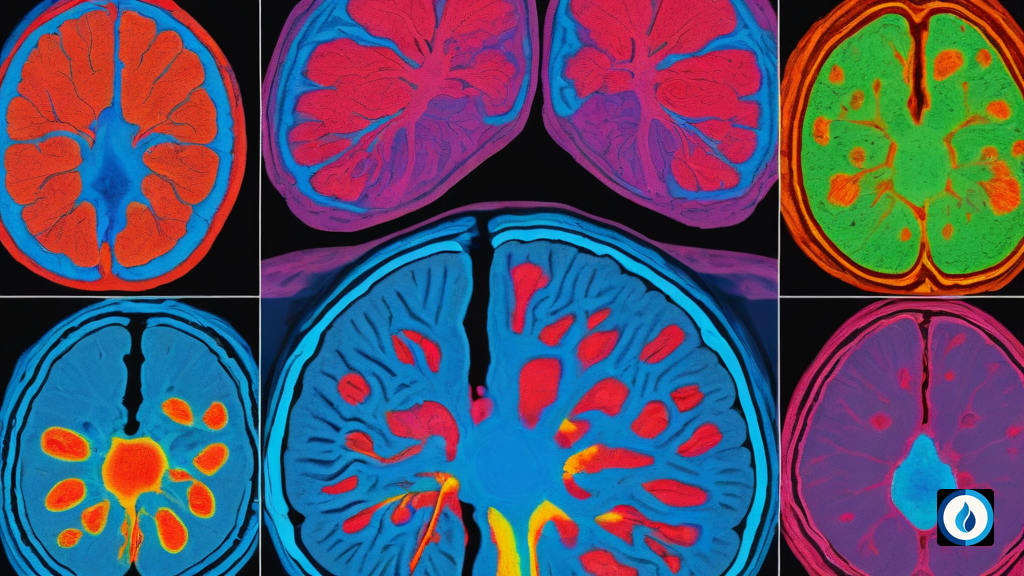Introduction
The insidious nature of repetitive traumatic brain injuries (TBIs) poses a significant threat, particularly for individuals at high risk of experiencing multiple mild or moderate concussions. Unlike severe TBIs, these milder forms often go undiagnosed and untreated, leaving the brain vulnerable to long-term consequences. Recognizing the urgent need for preventative therapies, researchers have explored the potential of Immunocal®, a unique whey protein supplement rich in cysteine, to mitigate the devastating effects of repetitive TBIs.
Immunocal®: A Gliosis Guardian
In a series of groundbreaking experiments, scientists subjected mice to controlled cortical impact, a method that mimics the effects of repetitive mild-moderate TBIs (rmTBIs). They discovered that Immunocal®, when administered before, during, and after the trauma, significantly reduced astrogliosis, a hallmark of brain inflammation, at both two weeks and two months post-injury. This remarkable finding suggests that Immunocal® possesses the ability to dampen the inflammatory cascade that contributes to neuronal damage and cognitive impairment.
Sustained Neuroprotection: A Long-Term Promise
The researchers extended their investigation to examine the long-term effects of Immunocal® treatment on rmTBI-induced brain damage. Mice were followed for up to six months after the last rmTBI, and the results were encouraging. Astrogliosis, a persistent feature of TBI-related inflammation, was significantly reduced in Immunocal®-treated mice even at the six-month mark. This sustained neuroprotective effect highlights the potential of Immunocal® as a long-term therapeutic strategy for individuals prone to repetitive TBIs.
Microgliosis Modulation: A Promising Avenue
While Immunocal® effectively targeted astrogliosis, its impact on microgliosis, another key player in brain inflammation, was less pronounced. In the rmTBI model, microgliosis was not significantly altered by Immunocal® treatment. However, in a separate experiment involving repetitive mild-moderate TBIs (rmmTBIs), Immunocal® demonstrated a significant ability to reduce microgliosis 72 hours after the injury. This finding suggests that Immunocal® may exert neuroprotective effects by modulating specific aspects of the inflammatory response, depending on the severity and timing of the TBI.
Beyond Inflammation: A Multifaceted Approach
The complexities of TBI pathophysiology demand a comprehensive therapeutic approach that addresses multiple facets of the injury. While Immunocal® has shown promise in mitigating gliosis and inflammation, its neuroprotective capabilities may be further enhanced by combining it with other treatments that target distinct aspects of TBI. By harnessing the power of glutathione precursors like Immunocal® alongside therapies that modulate oxidative stress, neuronal damage, and other pathological processes, we can strive for more effective protection against the devastating consequences of repetitive TBIs.
Conclusion
The search for effective treatments for repetitive TBIs continues, and Immunocal® has emerged as a promising candidate. Its ability to limit gliosis, modulate inflammation, and potentially enhance the efficacy of other therapies holds great promise for protecting the brain from the damaging effects of multiple concussions. As research in this field progresses, we can anticipate further advancements in the development of comprehensive therapeutic strategies that safeguard the neurological well-being of individuals at risk for repetitive TBIs.
